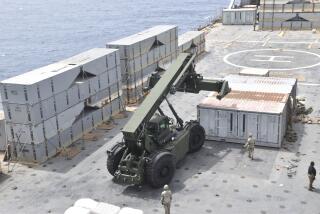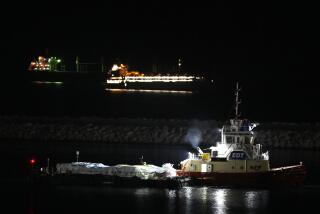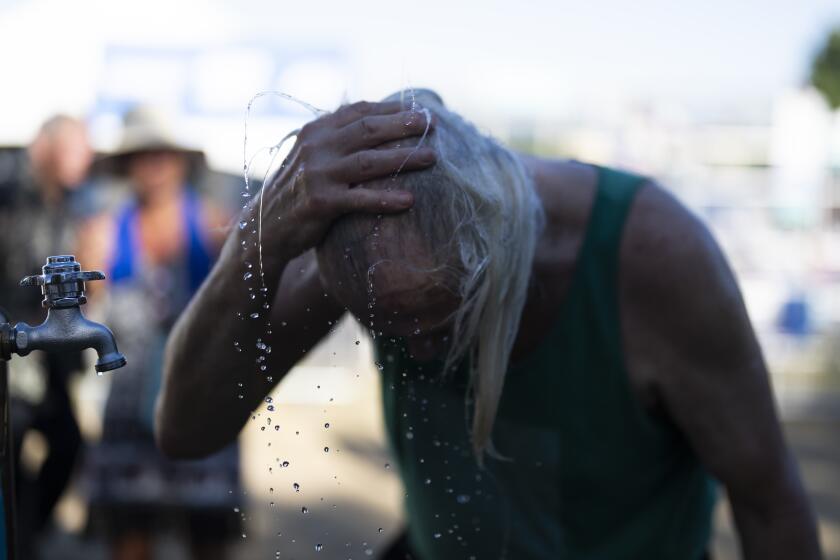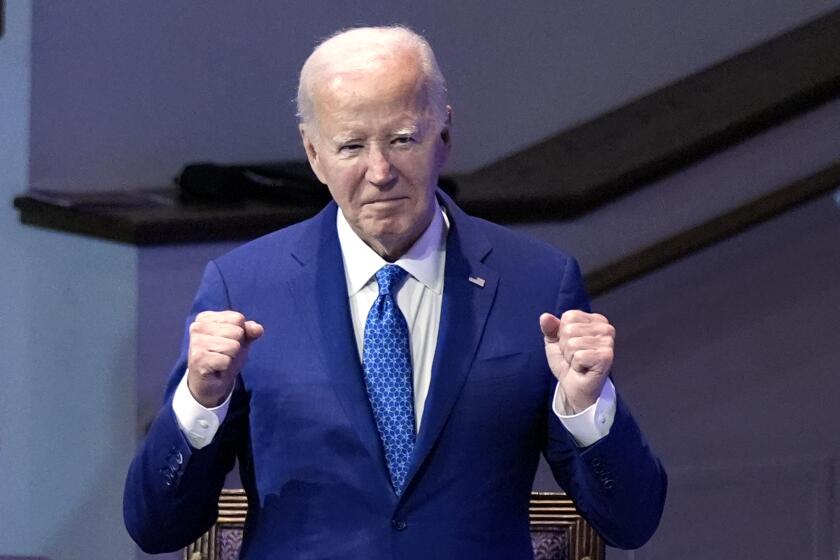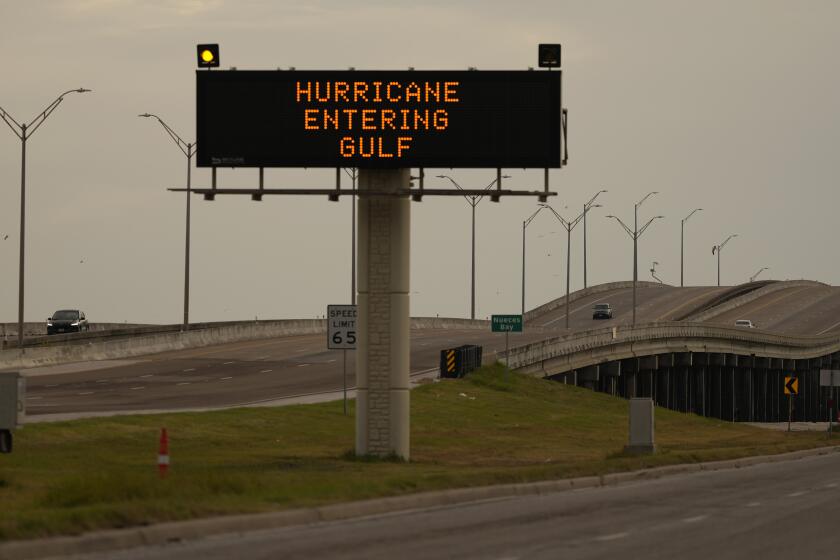U.S. to give Lebanon $80.5 million in aid amid economic crisis
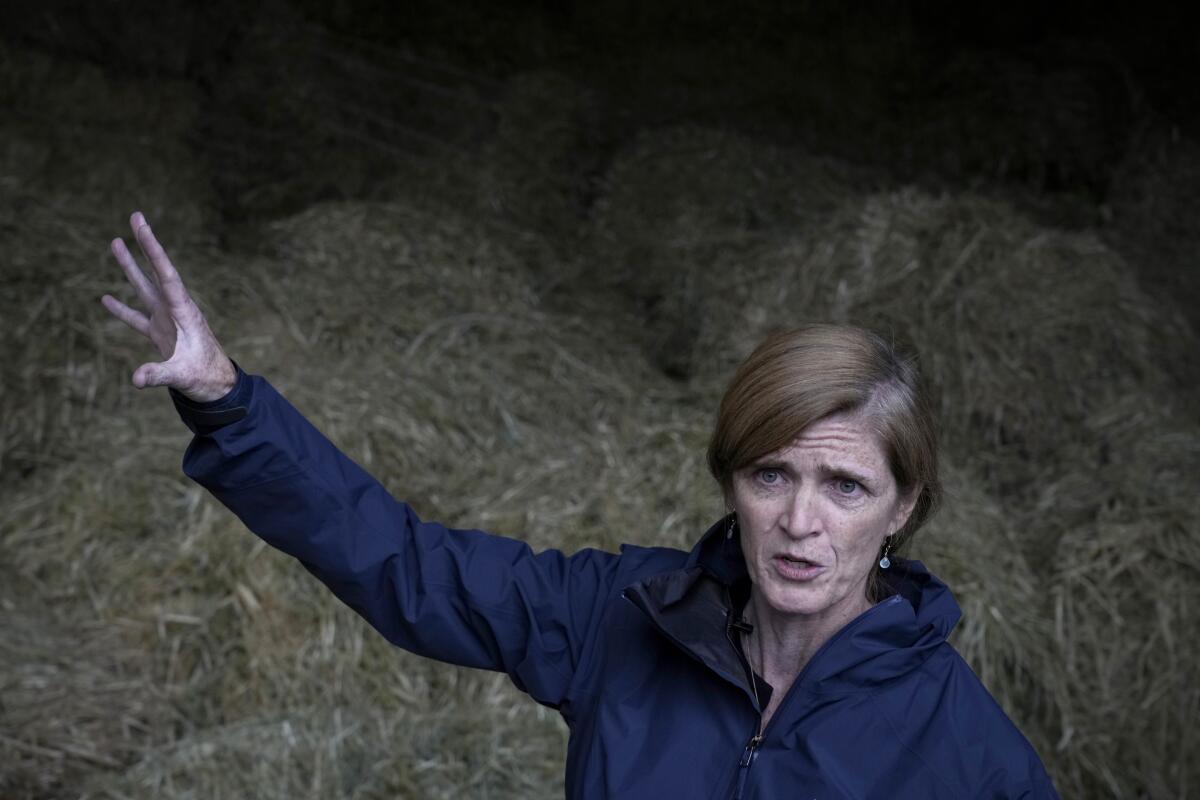
The United States announced Wednesday that it would give $80.5 million in aid for food assistance and solar-powered water-pumping stations in the crisis-battered country of Lebanon.
The announcement was made by Samantha Power, administrator of the U.S. Agency for International Development, during a visit to Lebanon ahead of a trip to Egypt for the COP27 U.N. climate conference.
Power is meeting with Lebanese political leaders to push for a resolution to the country’s political vacuum and for officials to carry out political and economic reforms required to clinch a $3-billion aid package from the International Monetary Fund.
Her visit comes as Lebanon is in the grip of its worst economic and financial crisis in modern history. And on Oct. 31, the six-year term of President Michel Aoun ended, with no one elected to replace him.
Power declined to say whether U.S. assistance would be contingent on Lebanon taking these measures.
“We are not focused on what happens if those reforms don’t happen. The reforms have to happen,” she told the Associated Press.
The prospect of an IMF deal “should be enough to end the infighting and bickering and do what is needed for the sake of the country,” Power said.
USAID has provided about $260 million to Lebanon in 2022 to date. On Wednesday, Power announced an additional $72 million for food assistance to some 650,000 people over five months as part of a $2-billion global food security initiative.
Lebanon, which relies heavily on imported food and has historically imported the majority of its wheat from Ukraine and Russia, has faced increased food insecurity during the Russian war in Ukraine.
Power also announced $8.5 million to fund 22 new solar-powered pumping stations. Lebanon has been dealing with a crippling electricity crisis that has also led to water shortages due to a lack of power at pumping stations.
The shortages in public water supply are fueling a cholera outbreak, the first Lebanon has seen in three decades. Most Lebanese now rely on water trucked in by private suppliers, which is often not tested for safety.
More to Read
Start your day right
Sign up for Essential California for news, features and recommendations from the L.A. Times and beyond in your inbox six days a week.
You may occasionally receive promotional content from the Los Angeles Times.
